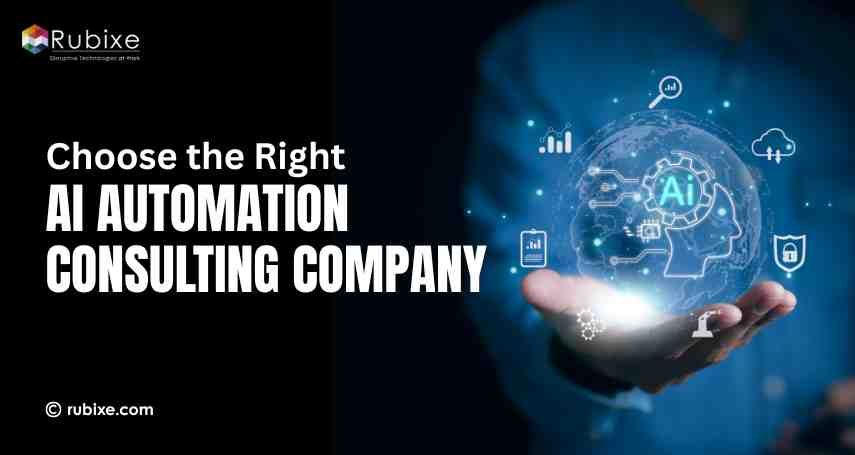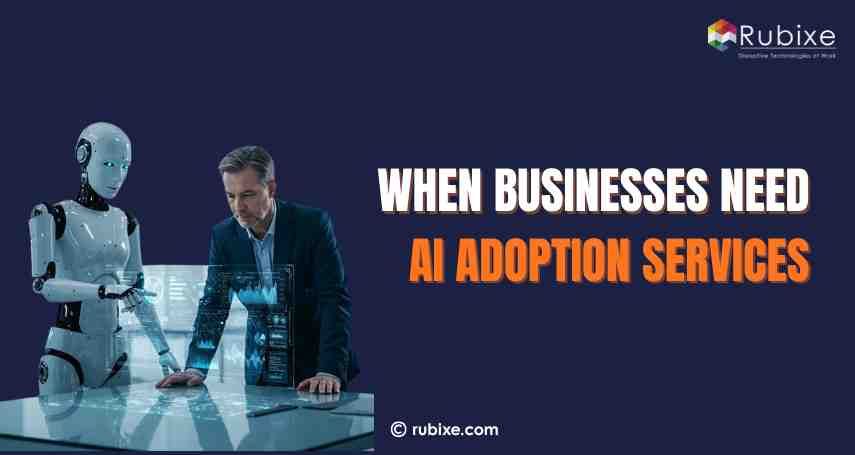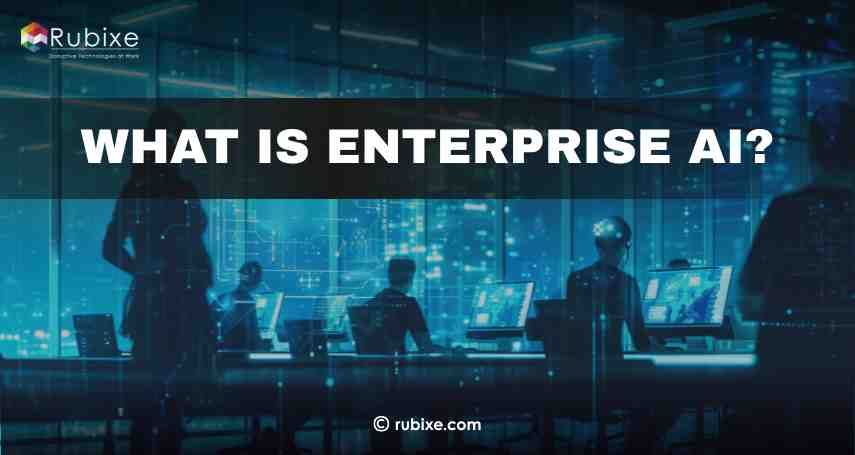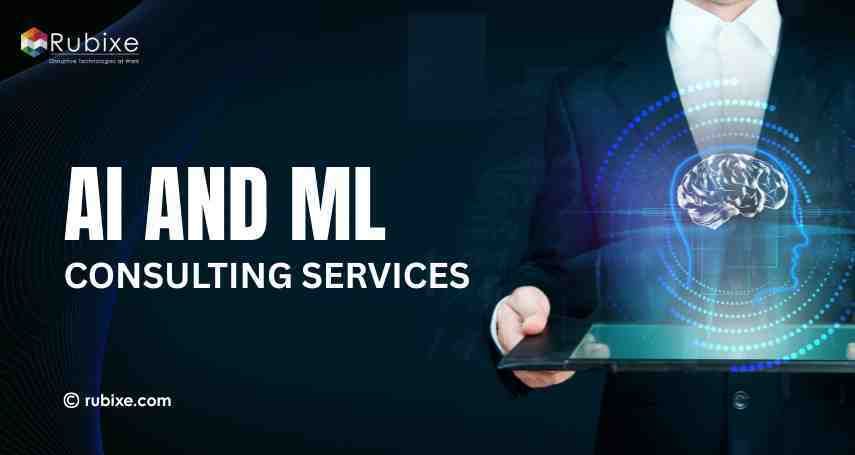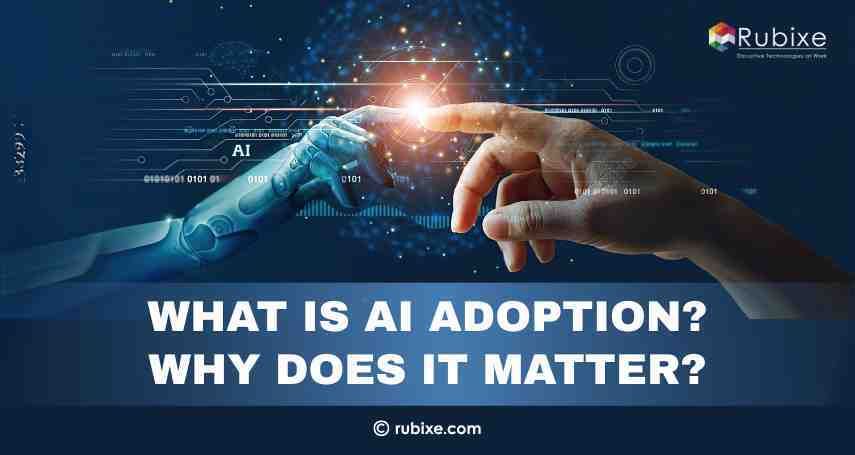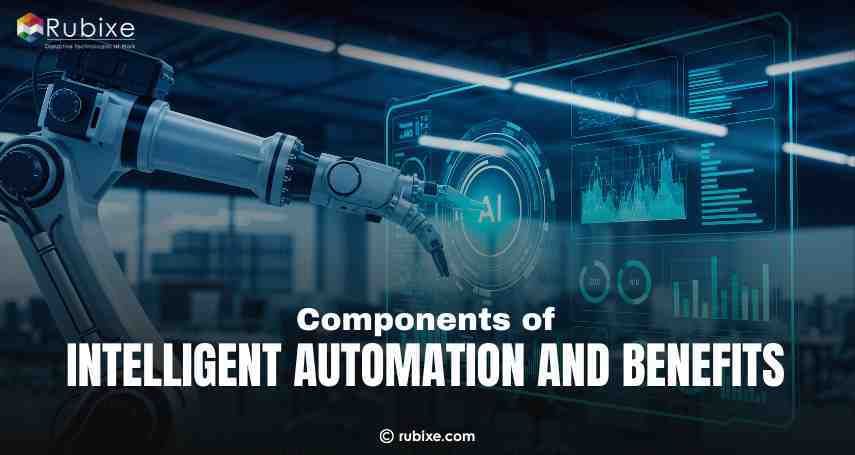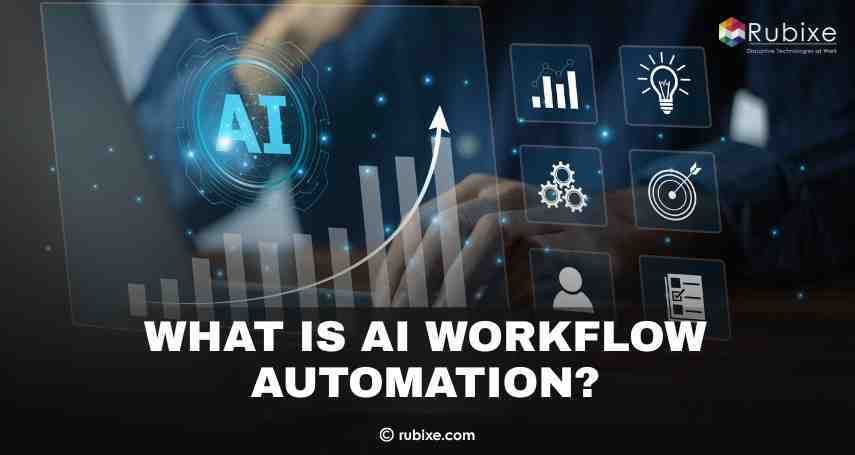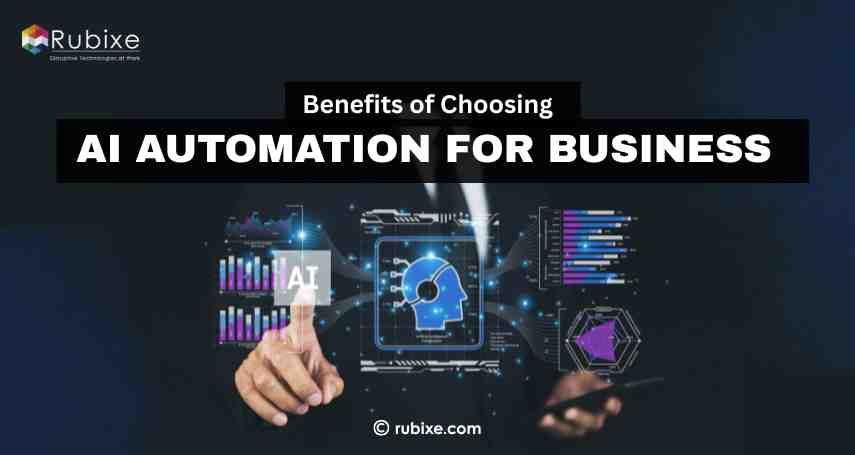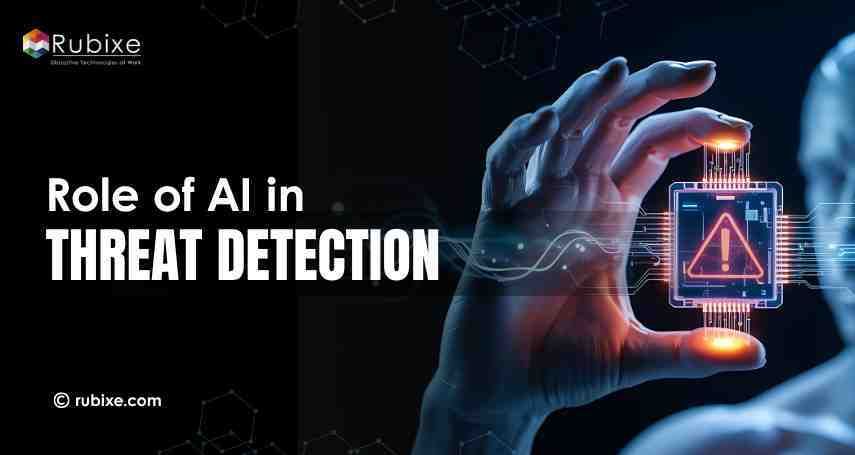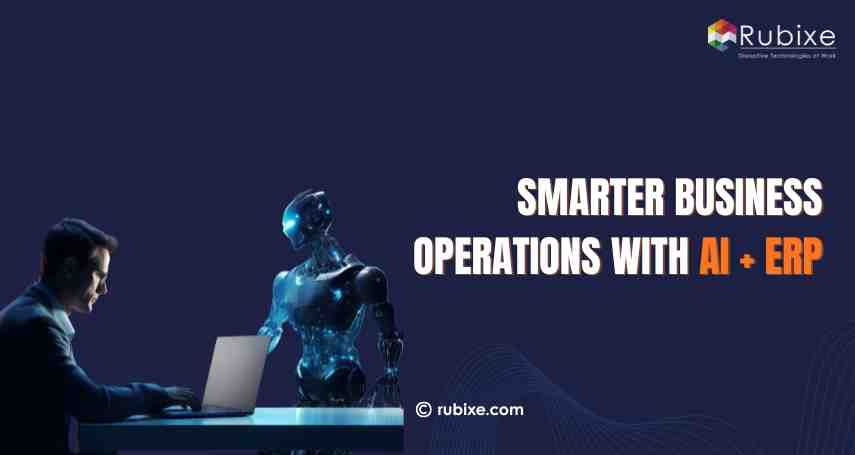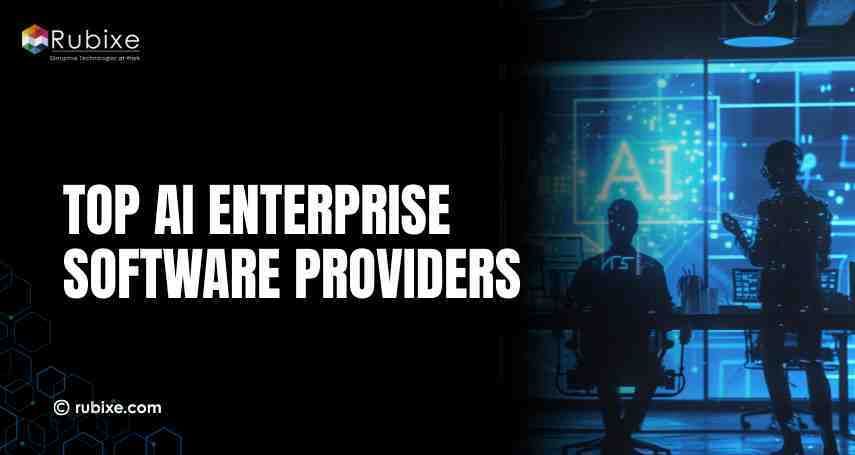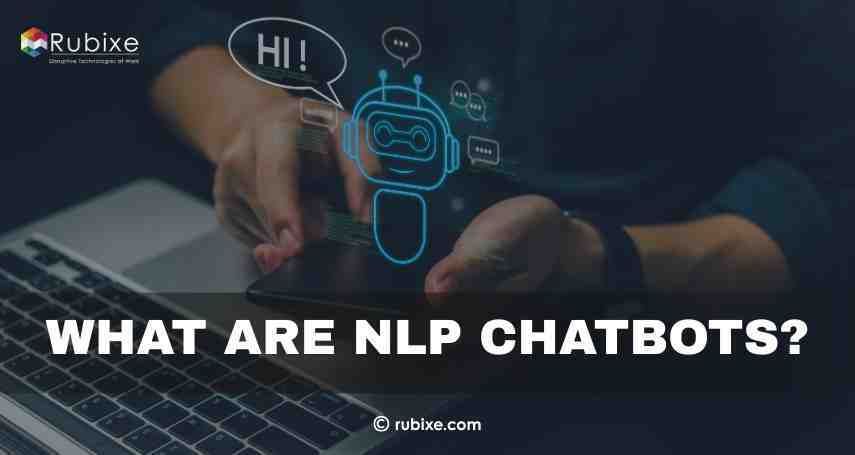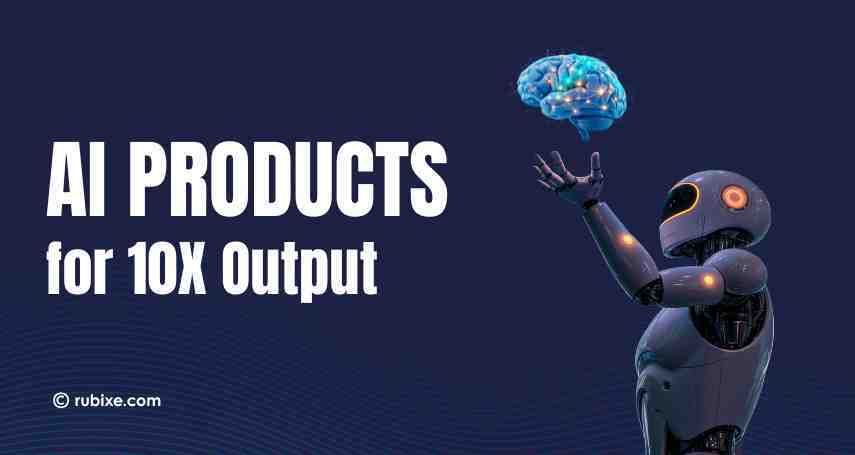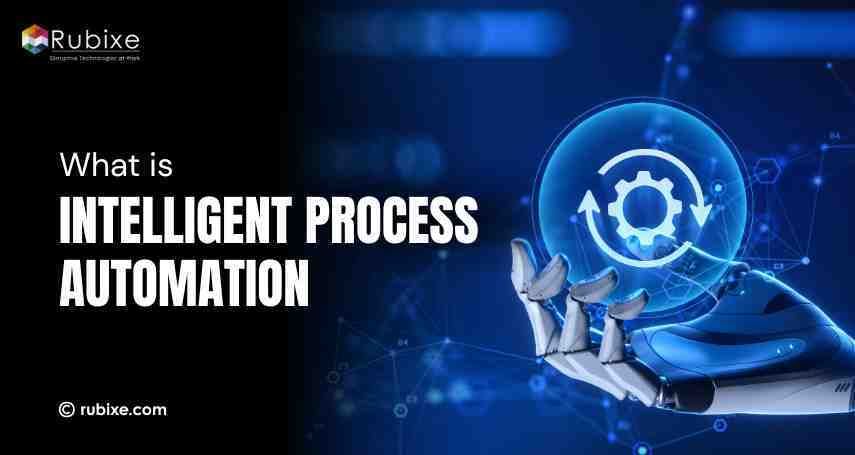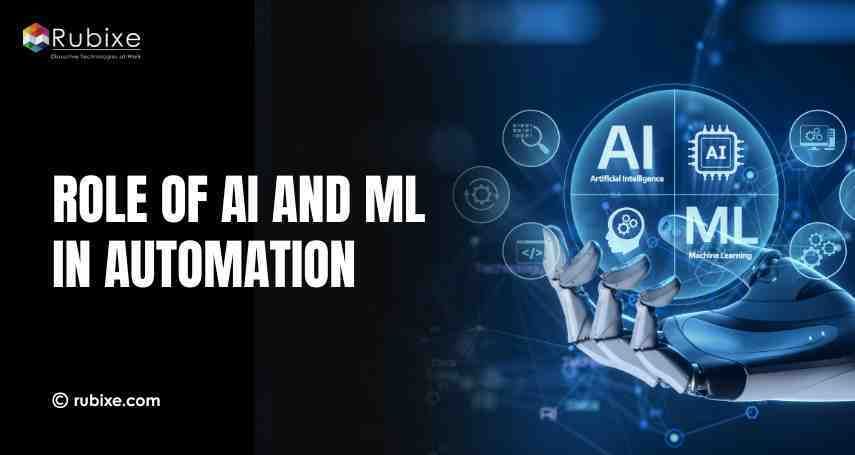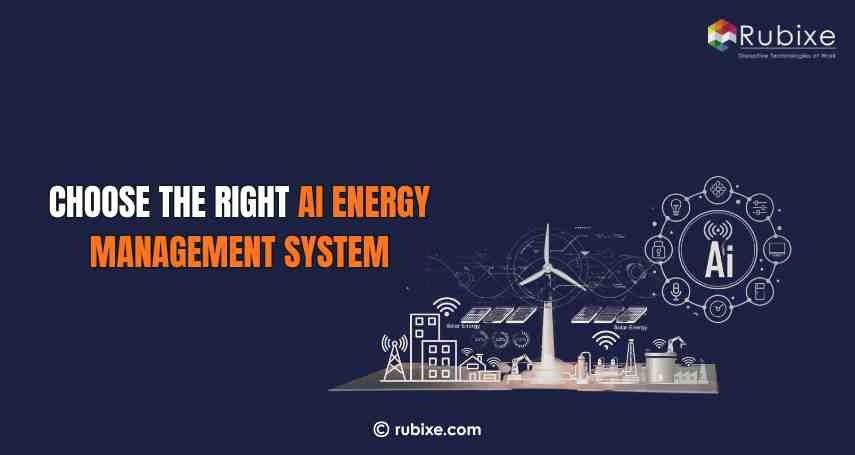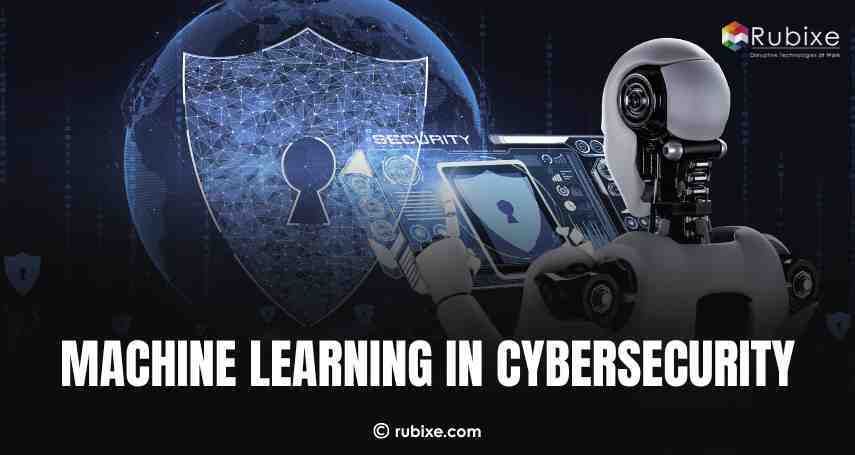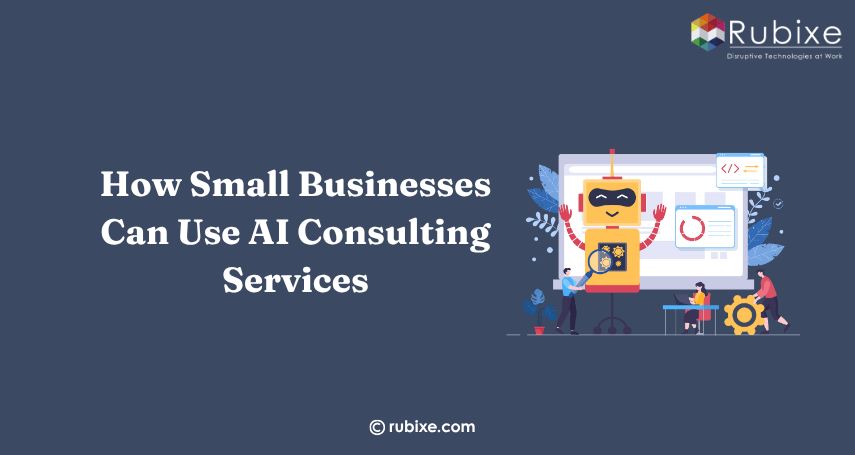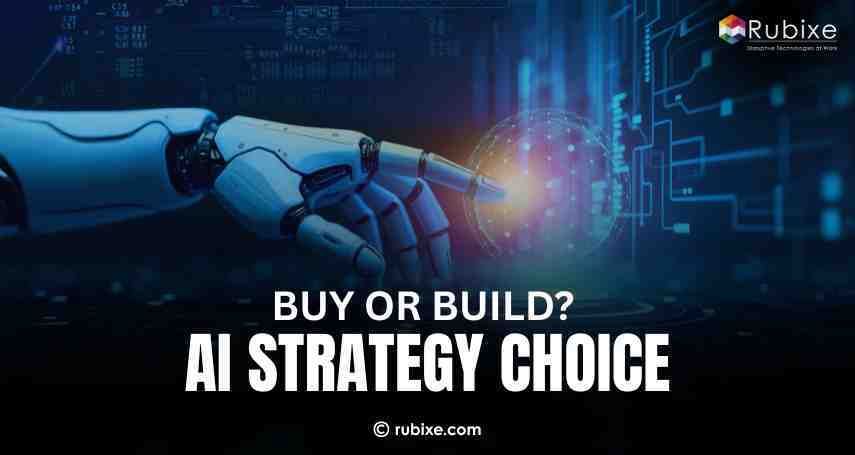Artificial Intelligence in Education
Artificial Intelligence in education helps improve learning by offering personalized support and giving useful insights to teachers and students for better outcomes.
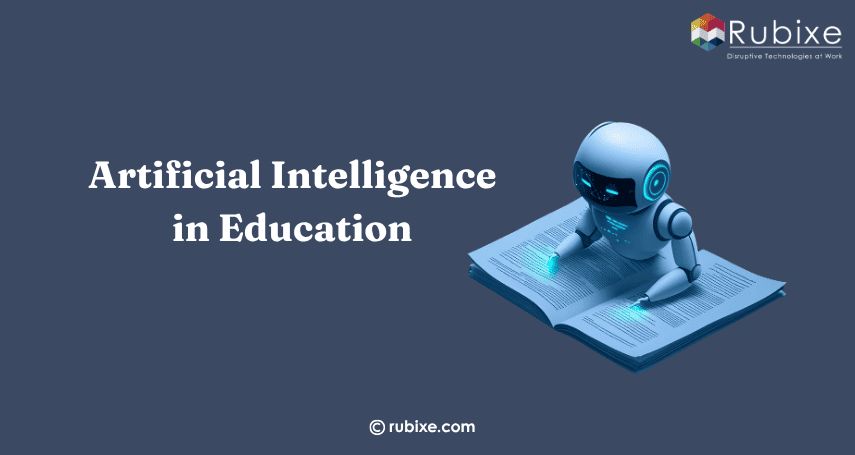
As an educator and lifelong learner, I’ve always believed that the future of education lies in how well we adapt to change. Today, artificial intelligence is more than just a trending topic—it’s actively transforming how we teach, learn, and connect. From intelligent tutoring systems to real-time performance analytics, AI is reshaping classrooms into more responsive and inclusive spaces.
That’s where AI consulting comes in. It bridges the gap between ambition and action, helping institutions apply AI in ways that truly work—ethically, efficiently, and with impact. In my experience, this guidance makes a real difference.
AI Is Changing the Way We Learn
AI is transforming education by personalizing learning, automating tasks, and providing real-time feedback. It helps students learn at their own pace and supports teachers with data-driven insights. With AI gaining so much exposure, I feel there’s a real need for AI services in the education system. It can personalize learning, support teachers, and make education more effective and inclusive for all learners.
What Is Artificial Intelligence in Education?
Artificial Intelligence in Education (AIEd) refers to the application of intelligent algorithms to assist teaching, personalize learning, and automate administrative processes. These systems use technologies like machine learning (ML), natural language processing (NLP), computer vision, and generative AI to:
-
Deliver adaptive learning experiences
-
Automate grading and assessment
-
Support administrative efficiency
-
Enable predictive analytics on student performance
-
Provide 24/7 assistance via chatbots
Why Schools and Colleges Turn to AI Consulting
With growing pressure to modernize, many schools and colleges are turning to AI consulting to use technology more effectively. Consultants help apply AI in ways that improve learning, streamline operations, and support student success.
Key Reasons Educational Institutions Seek AI Consulting:
-
Personalized Learning: Tailor content and pacing to individual student needs using intelligent algorithms.
-
Administrative Automation: Streamline tasks like grading, scheduling, and student enrollment.
-
Student Success Prediction: Identify at-risk students early through predictive analytics.
-
Curriculum Enhancement: Use data insights to refine courses and improve learning outcomes.
-
AI Ethics & Governance: Ensure responsible AI use with policies that protect student data and equity.
Core AI Services Supporting Education
AI consultants offer targeted AI services to help educational institutions solve real challenges and make the most of their data and tools. These services are designed to enhance both teaching and administration.
-
AI Strategy Consulting: Align AI projects with institutional goals and learning outcomes.
-
Data Readiness: Prepare and structure data from student records, assessments, and systems.
-
Custom AI Development: Build tools like personalized tutors or academic analytics dashboards.
-
Tech Integration: Seamlessly embed AI into existing platforms like LMS, SIS, or ERP systems.
AI Consulting Process in Education: From Roadmap to Results
|
Stage |
What Happens |
|
1. Discovery & Goal Setting |
Understand key challenges, opportunities, and learning objectives. |
|
2. Data Assessment |
Review existing student, academic, and operational data for quality and readiness. |
|
3. Strategy & Roadmap Design |
Create a step-by-step plan aligned with institutional goals and resources. |
|
4. Model Development & Testing |
Develop and test AI tools such as learning analytics, tutoring bots, or predictions. |
|
5. Integration & Training |
Embed solutions into existing platforms and train staff or faculty for adoption. |
|
6. Monitoring & Optimization |
Track outcomes, gather feedback, and refine tools for continuous improvement. |
Tools and Technologies Powering AI in Education
AI is reshaping education through a growing ecosystem of smart technologies. These tools not only support teachers and students but also help institutions operate more efficiently. Here are the key technologies making an impact:
-
Intelligent Tutoring Systems (ITS): These systems replicate the benefits of one-on-one tutoring, offering personalized instruction based on how each student learns and responds in real time.
-
Learning Analytics Platforms: By analyzing student performance and behavior data, these platforms help educators identify patterns, spot learning gaps, and intervene early to reduce dropout risk.
-
AI-Powered Chatbots: Available 24/7, chatbots assist with routine queries from students and parents—covering everything from course information to administrative support—freeing up staff time.
-
Natural Language Processing (NLP): NLP drives tools that can automatically grade assignments, generate feedback, detect plagiarism, and translate content into multiple languages
-
Generative AI: GenAI helps create customized content such as quizzes, reading materials, and interactive exercises, adapting to the pace and level of each learner.
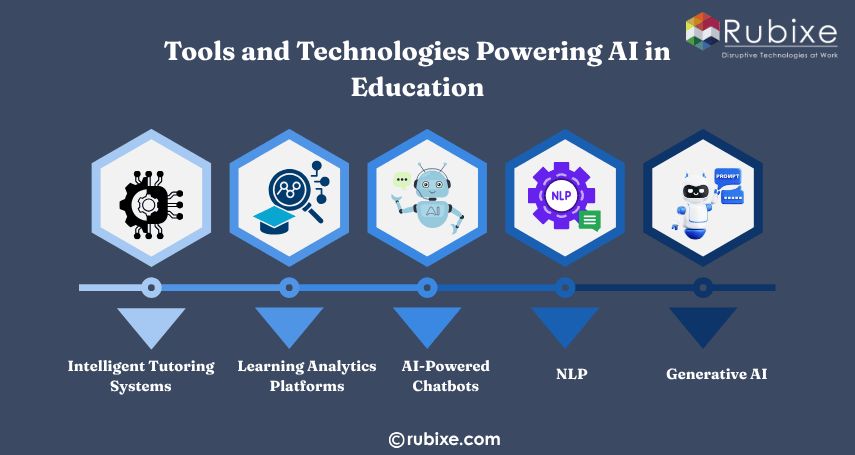
Real-World Outcomes: How AI Improves Student Success
I've experienced how AI is more than just a trend in education. It's becoming a practical tool that helps us better support students and improve learning outcomes. When applied thoughtfully, AI can truly enhance what happens in the classroom every day.
Here’s what I’ve noticed:
-
Personalized Learning Paths: AI helps tailor lessons to each student’s needs, so they can learn at their own pace and build confidence.
-
Early Intervention: With data insights, I can spot when a student is struggling and step in with support before it becomes a bigger issue.
-
Higher Engagement: Interactive tools powered by AI keep my students more involved and excited about what they’re learning.
-
Improved Accessibility: Features like text-to-speech and translation tools make learning easier for students with different needs or backgrounds.
-
Better Outcomes: Since integrating AI into my teaching, I’ve seen improved test scores, better participation, and higher course completion.
Responsible and Ethical AI in Education
As an educator using AI, I understand the importance of doing it the right way. It's not just about using smart tools; it's about protecting student data, ensuring fairness, and being transparent. I make sure the AI systems I work with are
-
Fair and Unbiased: I choose tools that treat every student equally, regardless of background.
-
Transparent: I ensure students and parents understand how AI is being used and what data it relies on.
-
Secure: Student privacy is a priority, so I use platforms that follow strict data protection standards.
-
Supportive, Not Replacing: AI supports my teaching and helps me focus more on personal connection and mentorship.
-
Ethically Designed: I work with tools that reflect educational values and promote long-term student growth.
AI in Education Is No Longer Optional
The future of education is smart, data-driven, and student-centered, and artificial intelligence in education is the key enabler. But like any transformation, success depends on having the right roadmap, resources, and expert guidance.
AI is transforming education, but success requires more than just technology—it needs the right approach. That’s where AI consulting in education plays a vital role. With expert support from firms like Rubixe, institutions can implement ethical, impactful AI solutions that truly enhance learning and student outcomes.
